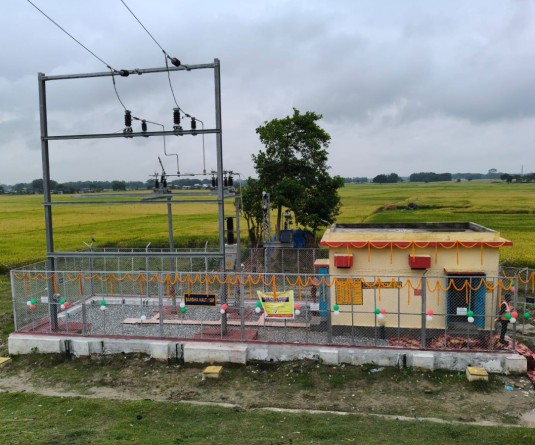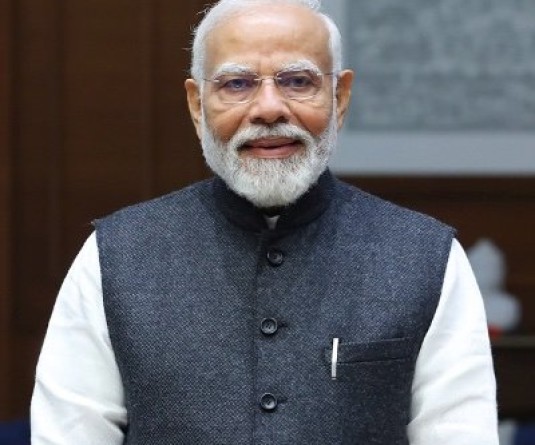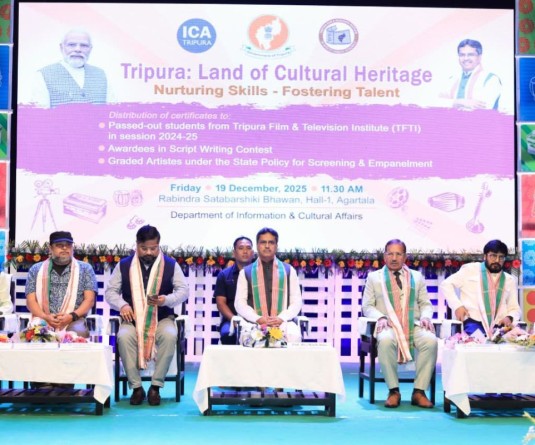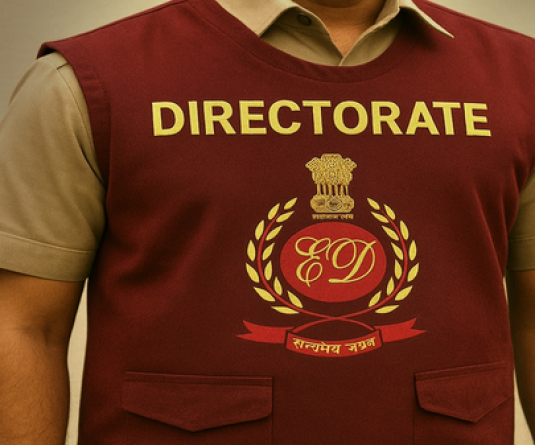Governor of Manipur Anusuiya Uikey interacts with violence affected people during her visit to different relief centres in Bishnupur and Churachandpur districts on June 13. (Photo:IANS/Twitter)
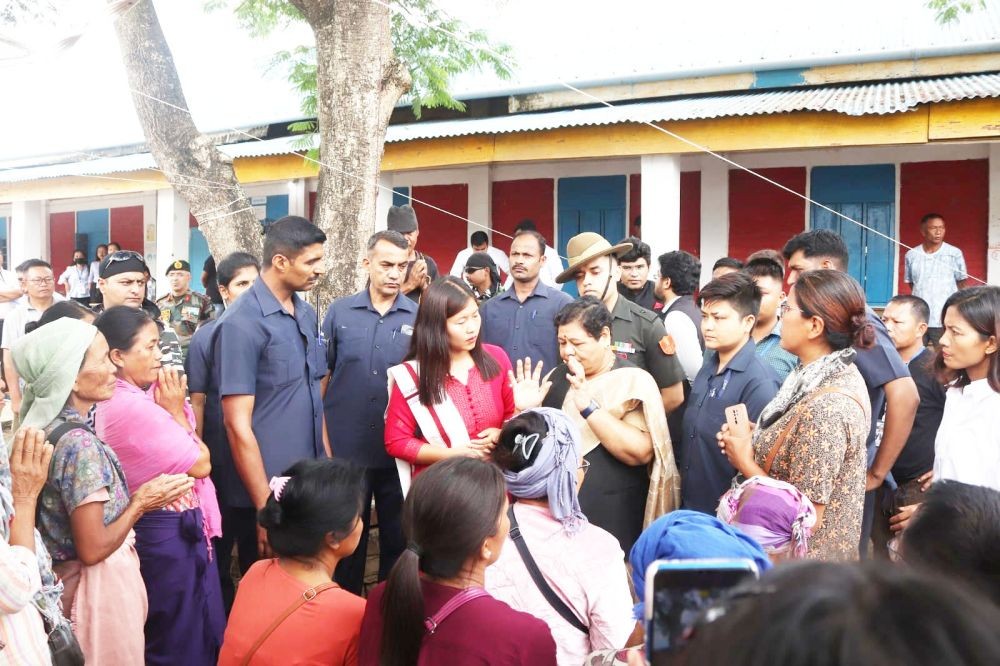
DIMAPUR, JUN 13 (MExN): Noted social activists and NGOs on Tuesday expressed concern on the continuing violence between the Meitei community and the tribal Kuki and Zo communities in Manipur.
Demanding immediate halt to this “continuing orgy of violence,” a joint statement issued by Kavita Krishnan, feminist, Delhi, Annie Raja, National Federation for Indian Women, Kavita Srivastava, People’s Union of Civil Liberties, Ranjana Padhi, Author and Feminist Activist, Odisha Anuradha Banerji and Vani Subramanian, Saheli Women's Resource Centre has blamed the divisive politics played by the BJP and its governments at the centre and state for the violence.
“There is a need, as soon as the violence ceases, for independent, non-partisan civil society members to visit the survivors and the bereaved; make attempts to verify reports of killings and rapes; and offer solidarity and all possible support to those traumatized by the loss of loved ones, homes and churches,” the joint statement read.
As concerned citizens from across the country, it also demanded that the Prime Minister must speak up and take accountability of the current situation in Manipur.
It suggested that a court-monitored tribunal must be formed to establish facts, and prepare the ground for justice and healing of the gaping wound that separates communities of Manipur to mitigate the divisiveness and hatred being engineered.
A fast track court be set up for all cases of sexual violence by state and non-state actors, as recommended by the Verma commission that ‘personnel guilty of sexual offences in conflict areas should be tried under ordinary criminal law.’
While maintaining that efforts need to be made to stabilise the situation before bringing in peace committees, the statement also suggested that provision of relief be given by the government to those forced to flee and guarantee their safe return to their villages; rebuild their homes and lives.
Further, provision of ex-gratia compensation be given to those who lost loved ones, suffered injuries and loss of home, grain, livestock and so on. This process of return, rehabilitation and compensation should be overseen by a panel of retired judges who know the region closely, perhaps appointed by the High Court or Supreme Court, it added.


